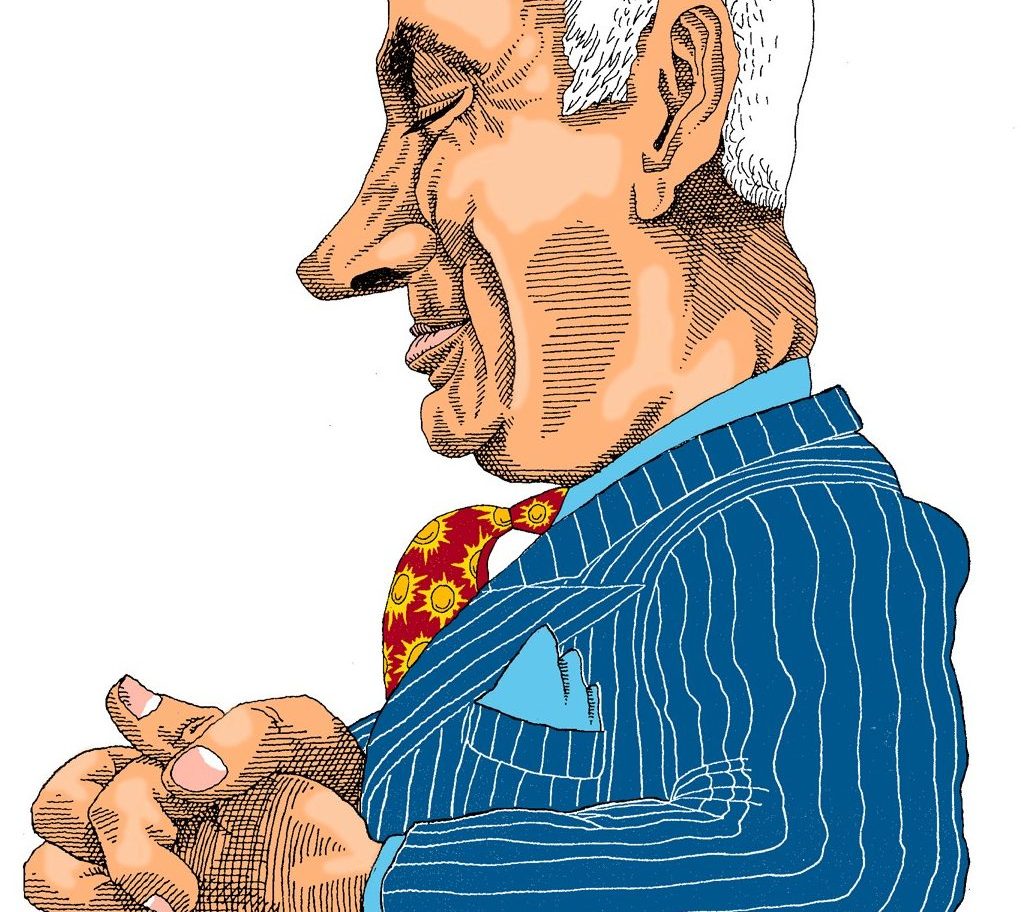Netanyahu: Corrupt, Controversial…Criminal?
Benjamin Netanyahu, the current prime minister of Israel, has never been one to avoid criticism or controversy. However, his fourth term in office has now been injected with a new level of intrigue after it has been announced that the leader is under investigation in two separate corruption cases. Israeli commentators have been quick to say that ‘the noose is tightening around his neck,’ but could this really be the end of one of the Middle East’s most controversial political figures?
In exchange for more positive coverage of his premiership, Netanyahu proposed helping the newspaper by curtailing the circulation of its main competition…
The first case concerns the alleged receiving of illicit gifts and favours from business executives – most notably expensive cigars and champagne from the Hollywood producer Arnon Milchan. The second concerns a supposed back-room deal between Netanyahu and a local newspaper magnate. The allegation is that the PM arranged a meeting with the publisher of Yedioth Ahronoth, a newspaper that was often critical of him. In exchange for more positive coverage of his premiership, Netanyahu proposed helping the newspaper by curtailing the circulation of its main competition. These two cases have now culminated into allegations of ‘fraud, breach of trust and bribery,’ as The Guardian puts it.
Harow has recently struck a deal with prosecutors to testify against the PM and is now expected to receive six months of community service and a fine of $193,000…
Netanyahu has been under investigation since January, so why then has the tide turned now? The answer lies in a deal struck with Ari Harow, former Chief of Staff to the Prime Minister. Harow had been facing a trial and lengthy prison sentence for unrelated corruption charges, with accusations that he had used his proximity to Netanyahu to advance his private interests. However, Harow has recently struck a deal with prosecutors to testify against the PM and is now expected to receive six months of community service and a fine of $193,000. Analysts have correctly noted that, if the authorities were willing to let Harow off so lightly in relation to the charges against him, then he must have considerable value as a witness – to quote Sima Kadmon, a prominent political columnist, ‘Netanyahu is already a dead man walking.’
What could happen to Netanyahu if he is found guilty? Under Israeli law, a prime minister does not have to resign from office, even if convicted of a crime (there is no precedent in Israel for such an event, although the previous PM, Ehud Olmert, was forced from power in 2008 under the weight of police investigation). Even so, if the police were to recommend serious charges, it would be very hard for Netanyahu to survive as PM – the political and public pressure would grow, and make governing nearly impossible.
If Netanyahu leaves, we’d be looking at an election in autumn 2018, with the fight against corruption being a big part of the race…
Netanyahu, for his part, has been projecting an image of ‘business as usual’, and has dismissed the investigations against him as a ‘witch hunt’ designed to push him out of office, whilst he has also been playing up talk of settlement expansion to keep his base on-side. His office issued a statement, defining the claims as ‘unfounded’ and said that the investigation was doomed to fail – ‘there won’t be anything because there was nothing.’ Conversely, opposition leaders have called for Netanyahu to stand down, and few allies have leapt to his defence – even the right-wing Jerusalem Post has initiated speculation regarding his replacement.
Realistically, there are now three possible timelines for Netanyahu’s future. If the police need time to investigate Harow’s new evidence, an indictment may not come until September 2018 (at which point, he would pass David Ben-Gurion as Israel’s longest-serving PM). Following such an occurrence, Netanyahu could negotiate a deal to leave politics in exchange for the charges being dropped (as he did in 1999) or, even better for him, he could be completely cleared.
Alternately, Harow’s evidence could be so damning that an indictment comes next month. Netanyahu’s coalition partners would beg him to resign, and a no-confidence vote would likely follow. It is unlikely a new government would be formed, so a general election would have to be called, with no obvious winners in sight.
More realistically however, it would be likely to see a police recommendation in three to six months’ time, with Netanyahu’s fate being decided in the spring of 2018. If Avichai Mandelblit, the Attorney General, clears him, that’ll be it. If the PM is indicted, his coalition partners would likely try to hold on (needing time in government for their own reasons), but political processes would ensue. If Netanyahu leaves, we’d be looking at an election in autumn 2018, with the fight against corruption being a big part of the race.
Netanyahu has been a jewel in the crown of Middle Eastern controversy for years, but perhaps now, at last, his glint is fading. The world will wait in eager anticipation to see how this investigation finally concludes and, if found guilty, how Israeli politics can recover from the depths of corruption.

Comments